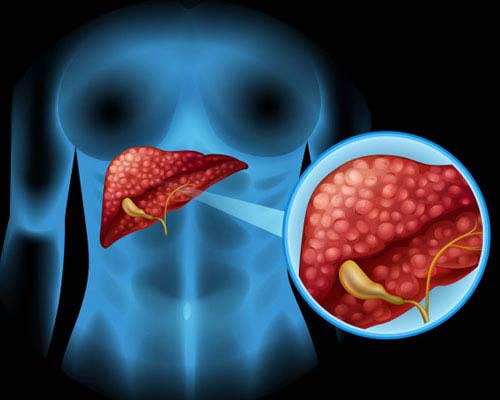Want to Become an Active Dietician for Cancer Patients? Ask Yourself This First from diet2nourish's blog
A registered dietician who specializes in oncology nutrition is an essential member of the multidisciplinary team that cares for cancer patients. The role of a dietician for cancer patients care is to help patients maintain or improve their nutritional status, which is critical for managing the disease and improving quality of life. A cancer diagnosis can be overwhelming for patients, and many may not think about their diet as a key component of their treatment plan. However, proper nutrition is vital for cancer patients to cope with the side effects of treatment, prevent malnutrition, and enhance their immune system.
Cancer and its treatment can cause a wide range of nutritional challenges, including loss of appetite, taste changes, nausea, vomiting, and diarrhea. The dietician's role is to work with patients to address these challenges and develop a personalized nutrition plan that meets their unique needs. For example, if a patient is experiencing nausea, the dietician may recommend small, frequent meals that are low in fat and easy to digest. If a patient is struggling with taste changes, the dietician may suggest adding spices, herbs, or lemon juice to make food more flavorful.
A dietician also helps cancer patients maintain a healthy weight, which is crucial for their overall health and well-being. Studies have shown that being overweight or obese increases the risk of developing certain types of cancer, and losing weight can help reduce the risk of recurrence. On the other hand, cancer patients who are underweight or malnourished are at a higher risk of developing complications from treatment, such as infections and delayed wound healing. A dietician can help patients achieve a healthy weight by developing a meal plan that balances their energy needs with the nutritional requirements of their treatment.
Another important role of a dietician is to educate patients on the importance of good nutrition and how it can impact their overall health. This includes teaching patients about the types of foods they should eat, how to read food labels, and how to prepare meals that are both nutritious and tasty. The dietician may also provide patients with resources and support, such as recipes, meal plans, and tips for grocery shopping.
In addition to working with individual patients, a dietician may also collaborate with other members of the cancer care team to improve patient outcomes. For example, they may work with the oncologist to develop a nutrition plan that is tailored to the patient's specific cancer type and treatment plan. They may also work with the nurse to monitor the patient's nutritional status and adjust their diet as needed. By working collaboratively with other members of the care team, a dietician can help ensure that patients receive the best possible care.
In conclusion, a registered dietician who specializes in oncology nutrition plays a vital role in the care of cancer patients. By developing personalized nutrition plans, addressing nutritional challenges, and educating patients on the importance of good nutrition, a dietician can help patients maintain their health and quality of life throughout their cancer journey. Working collaboratively with other members of the care team, a dietician can help ensure that patients receive the comprehensive care they need to manage their disease and thrive.


The Wall